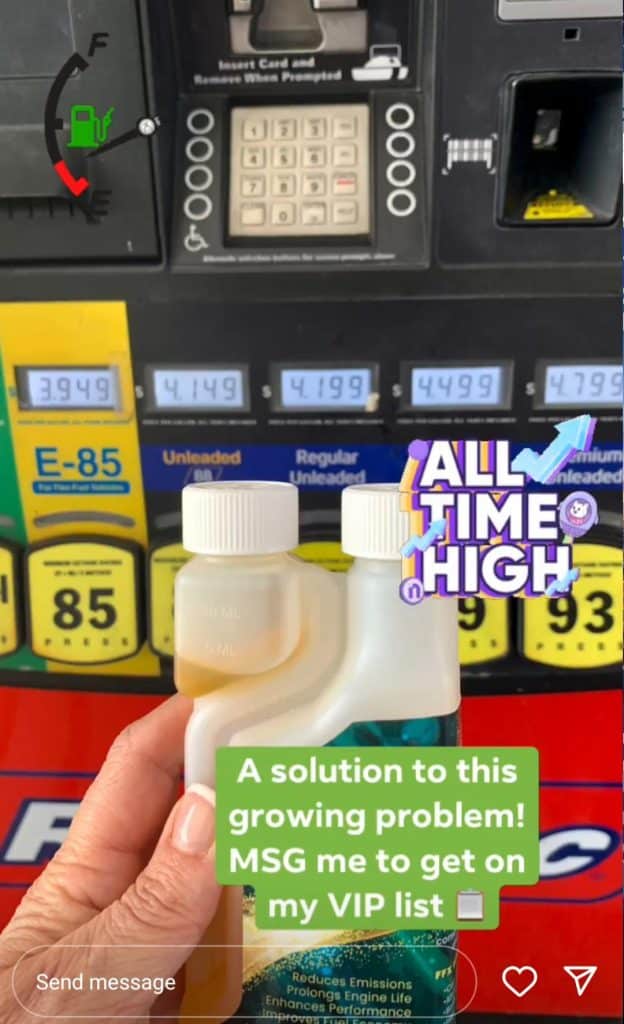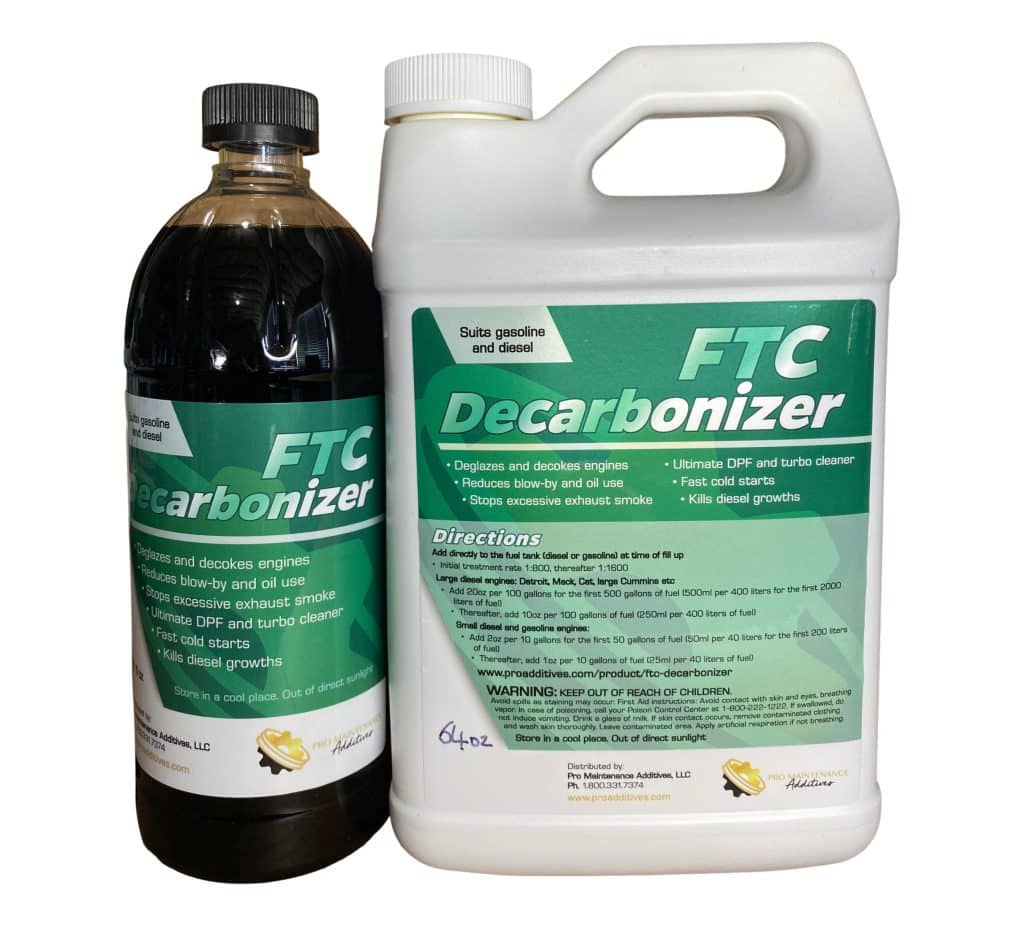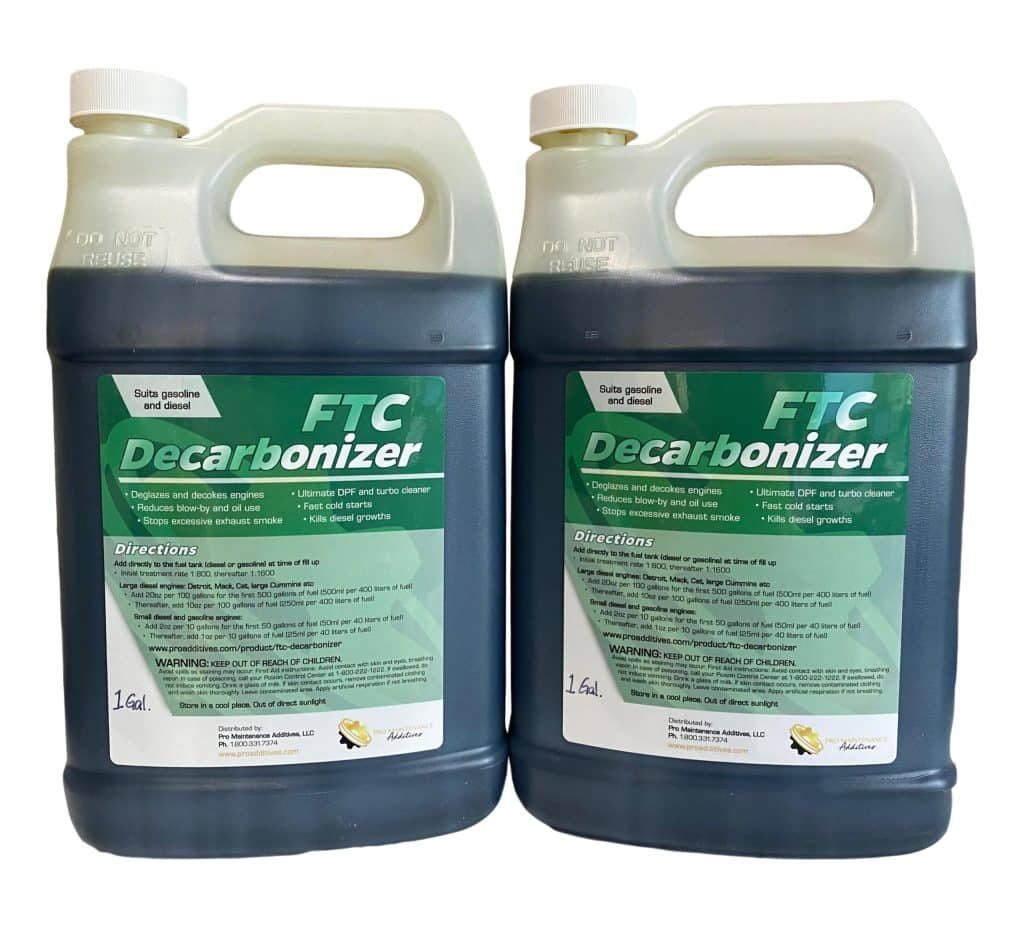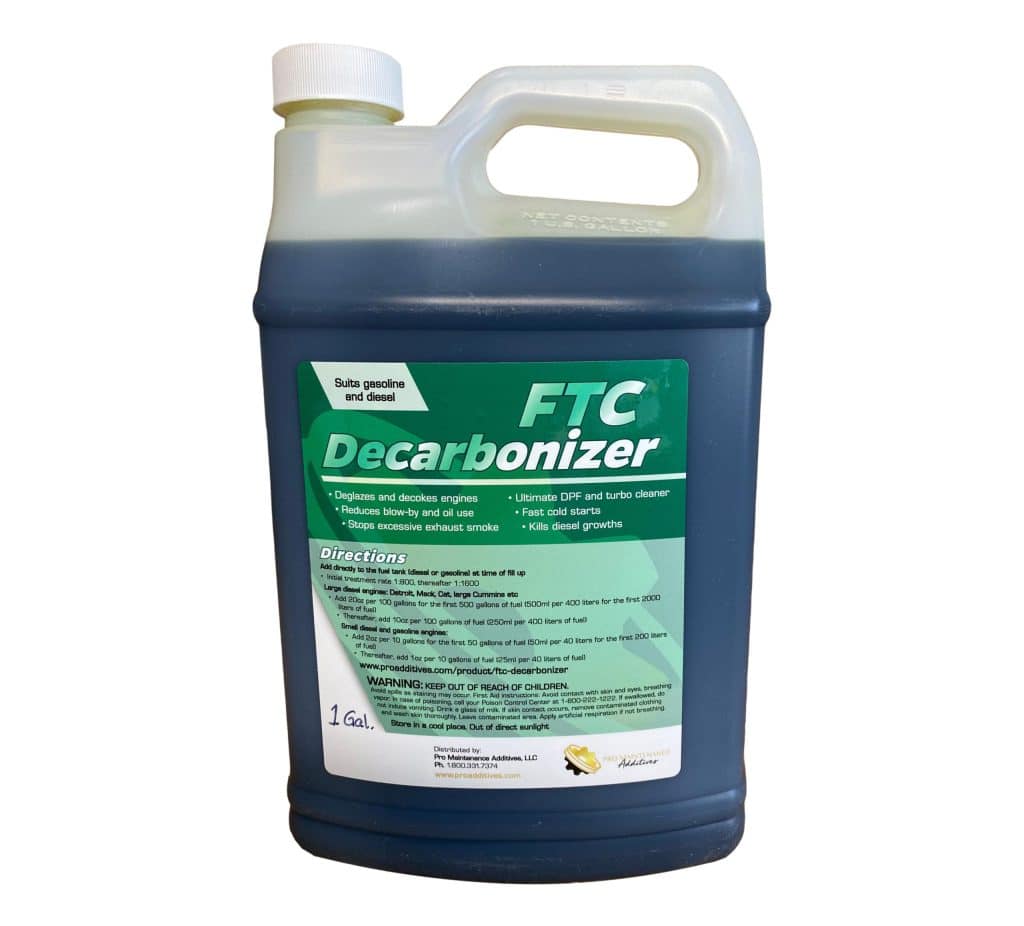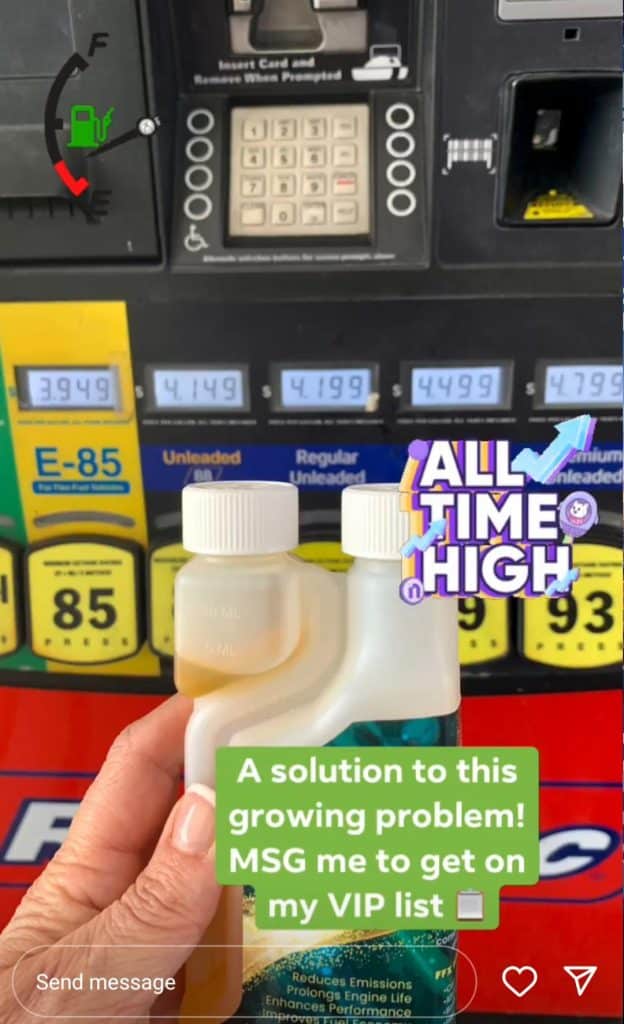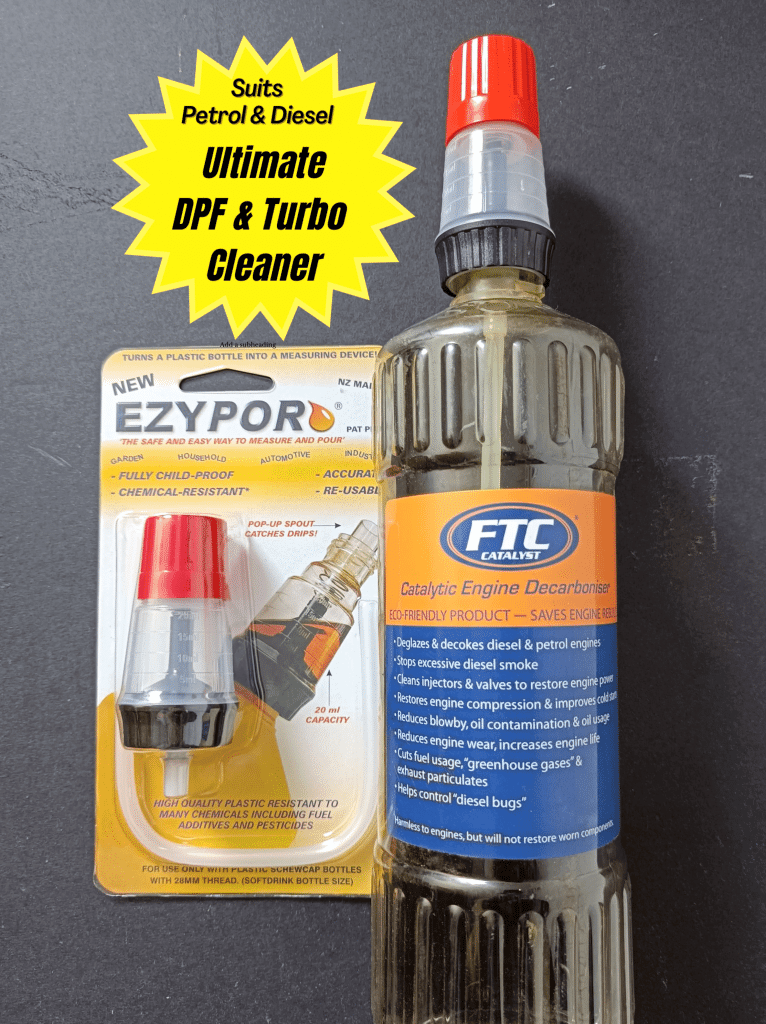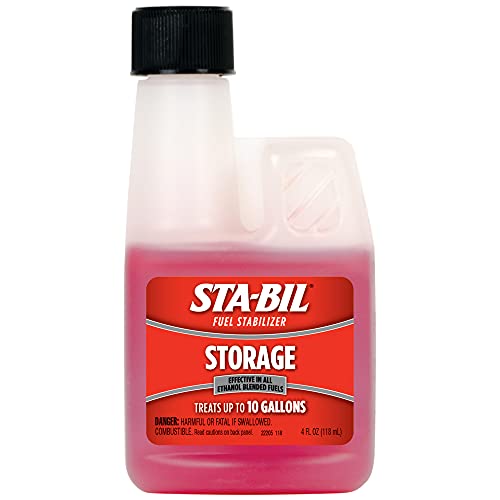Have you ever wondered if the FTC fuel additive is worth the investment? We’ve all heard the claims of improved fuel efficiency and engine performance, but is it just a clever marketing scheme, or does it deliver the promised results? This article explores the truth behind the FTC fuel additive and separates fact from fiction. Get ready to uncover the reality and decide whether it’s a con or a game-changer for your vehicle.
What is FTC fuel additive?
Definition of FTC fuel additive
FTC fuel additive is a product designed to enhance the performance of vehicles by improving fuel efficiency, reducing harmful emissions, and extending the lifespan of engines. It is marketed as a solution for maximizing the potential of engines and improving their overall efficiency.
Purpose of FTC fuel additive
FTC fuel additive aims to optimize engine combustion processes, resulting in improved fuel efficiency, enhanced engine performance, reduced emissions, and increased longevity of engine components. It claims to achieve these benefits by utilizing a unique blend of chemicals interacting with the fuel, optimizing combustion, and cleaning the engine components.
Claims made by FTC fuel additive
Improved fuel efficiency
FTC fuel additive claims to improve fuel efficiency by optimizing engine combustion. It asserts that its unique blend of chemicals allows for more efficient fuel burn, resulting in increased mileage and reduced fuel consumption. By enhancing the combustion process, it aims to improve the overall efficiency of the vehicle.
Enhanced engine performance
FTC fuel additive also claims to enhance engine performance by cleaning and lubricating engine components, resulting in smoother operation and increased power output. This additive alleges that it can remove deposits and contaminants that may hinder engine performance, contributing to a more efficient and powerful engine.
Reduced harmful emissions
Another claim by FTC fuel additive is that it reduces harmful vehicle emissions. It promotes the idea that its unique chemical formulation can optimize combustion and minimize the production of pollutants, such as carbon monoxide and hydrocarbons. Reducing emissions aims to provide an environmental benefit along with improved fuel efficiency and engine performance.
Extended engine lifespan
FTC fuel additive further asserts that its use can contribute to an extended lifespan of engine components. It claims cleaning and lubricating the engine parts can help minimize wear and tear, reducing the likelihood of costly repairs or premature engine failure. The additive is marketed as a solution for increasing the longevity of engines, allowing users to enjoy their vehicles for extended periods without major mechanical issues.
Scientific evidence supporting FTC fuel additive
Research studies on FTC fuel additive
Limited research studies have been conducted on FTC fuel additives to evaluate their effectiveness and validate their claims. While some studies have shown promising results regarding improved fuel efficiency and reduced emissions, most of these studies have been sponsored or conducted by the manufacturer, raising concerns about bias and lack of independence.
Independent laboratory tests
Independent laboratory tests have been conducted to assess the performance and efficacy of FTC fuel additives. However, the results from these tests have been inconsistent, with some showing positive effects on fuel efficiency and emissions reduction while others have found no significant impact. These inconsistencies raise questions about the reliability of FTC fuel additives as a reliable solution for their claimed benefits.
Testimonials from satisfied customers
FTC fuel additive relies heavily on testimonials from satisfied customers as evidence of its effectiveness. While these testimonials may provide anecdotal evidence, they lack scientific rigor and do not offer a comprehensive or unbiased view of the product’s performance. Testimonials are subjective and may not accurately represent the overall experience of all users.
Critical analysis of FTC fuel additive
Lack of published peer-reviewed studies
One of the critical concerns regarding FTC fuel additives is the lack of published peer-reviewed studies to support its claims. The absence of independent, third-party studies makes it difficult to evaluate the actual effectiveness of the product. Without scientific evidence that has been rigorously reviewed and validated by experts in the field, it is challenging to determine whether the claims made by FTC fuel additives are credible.
Inconsistent results from independent tests
The inconsistent results obtained from independent laboratory tests also raise doubts about the reliability and effectiveness of FTC fuel additives. While some tests may positively affect fuel efficiency and engine performance, others have found no significant improvement. The lack of consistency in these results suggests that the product’s performance may vary between different vehicles and use cases, making it difficult to determine its overall efficacy.
Questionable testimonials and user reviews
The reliance on testimonials and user reviews as evidence of FTC fuel additive’s effectiveness is also a cause for concern. Testimonials can be easily manipulated or influenced by marketing strategies, and user reviews may not always accurately represent the product’s performance. It is essential to approach these testimonials and reviews with caution and consider them alongside other sources of information.
Comparative analysis with other fuel additives
Comparison of ingredients and concentrations
When comparing FTC fuel additives with other fuel additives on the market, it is essential to consider the differences in ingredients and concentrations. The specific blend of chemicals in FTC fuel additive may differ from other products, potentially leading to varying effects on fuel efficiency, engine performance, and emissions reduction. Understanding these differences can help consumers make informed choices based on their needs and preferences.
Effectiveness and benefits compared to other additives
In terms of effectiveness and benefits, the performance of FTC fuel additives may vary compared to other additives. Different products may target different aspects of engine performance or offer additional benefits that FTC fuel additive does not provide. Evaluating these factors and assessing which additive may best meet one’s specific requirements and expectations is essential.
Evaluation of cost-effectiveness
The cost-effectiveness of FTC fuel additives compared to other additives is an important consideration for consumers. While the product’s price may be an influencing factor, it is crucial to consider the potential benefits and long-term savings associated with improved fuel efficiency and extended engine lifespan. A comprehensive cost-effectiveness evaluation can help determine whether FTC fuel additive provides value for money compared to other alternatives.
Regulatory actions and warnings
FTC’s investigation and enforcement actions
The Federal Trade Commission (FTC) has conducted investigations and taken enforcement actions against certain fuel additive manufacturers, including those associated with FTC fuel additives. These actions may indicate concerns about the product’s marketing claims or deceptive practices. Consumers should be aware of any regulatory actions taken by the FTC when considering FTC fuel additives.
Warnings and alerts from consumer protection agencies
Consumer protection agencies have issued warnings and alerts about certain fuel additives, including those related to FTC fuel additives. These warnings may highlight potential risks, exaggerated claims, or deceptive practices associated with the product. Consumers should be cautious and consider these warnings when deciding to use FTC or any other fuel additive.
Consumer complaints and legal disputes
Common complaints from consumers
There have been consumer complaints regarding FTC fuel additive, with some users expressing dissatisfaction with its performance or alleging false advertising. These complaints may involve claims of no noticeable improvement in fuel efficiency or engine performance, leading to frustration and disappointment. Consumers must be aware of these complaints and factor them into their decision-making process.
Legal battles and class-action lawsuits
There have been legal battles and class-action lawsuits against certain fuel additive manufacturers, including those connected to FTC fuel additives. These lawsuits may involve allegations of false advertising, deceptive practices, or failure to deliver on promised benefits. The existence of legal disputes underscores the importance of scrutinizing the claims made by FTC fuel additives and seeking independent information before making a purchasing decision.
Expert opinions on FTC fuel additive
Views from automotive professionals
Opinions from automotive professionals can provide valuable insights into the effectiveness and reliability of FTC fuel additives. Some professionals may endorse certain fuel additives, including FTC ones, based on their experiences or observations. However, it is essential to consider a range of expert opinions and seek perspectives from professionals with different backgrounds and expertise.
Expert opinions from fuel industry specialists
Fuel industry specialists can offer valuable perspectives on the claims made by FTC fuel additives. These specialists may have in-depth knowledge of fuel additives, their compositions, and their potential effects on engines. Their analysis can provide helpful information for consumers looking to make an informed decision about FTC fuel additives or other fuel additives on the market.
Analysis by independent consumer organizations
Independent consumer organizations may conduct their evaluations and analyses of fuel additives, including FTC fuel additives. These organizations may provide unbiased and objective assessments of the product’s performance and reliability. Their findings can act as a guide for consumers seeking independent information and recommendations.
Unresolved concerns and unanswered questions
Potential long-term effects on engine components
One of the unresolved concerns surrounding FTC fuel additive relates to its potential long-term effects on engine components. While the product claims to extend engine lifespan, there is limited scientific evidence or long-term studies to confirm this. Additives, including FTC fuel additives, may pose unknown risks or have unintended consequences for engine durability and reliability.
Environmental impact of FTC fuel additive
Another unanswered question is the environmental impact of FTC fuel additives. While the product claims to reduce emissions, it is essential to consider the overall environmental footprint of using fuel additives. Assessing whether the potential benefits of reduced emissions outweigh any negative consequences or impacts on the environment is crucial.
Lack of transparency and disclosure of ingredients
Transparency and full disclosure of ingredients used in FTC fuel additives is another unresolved concern. Some consumers may prefer to know the specific chemicals and their concentrations in the product to make informed decisions based on potential allergic reactions or compatibility with their vehicles. The lack of transparency can hinder the ability to make fully informed choices about FTC fuel additives.
Conclusion
In conclusion, the issue of whether FTC fuel additive is a con remains a complex one. While the product makes claims of improved fuel efficiency, enhanced engine performance, reduced emissions, and extended engine lifespan, the scientific evidence supporting these claims is limited and inconsistent. The lack of published peer-reviewed studies, inconsistent results from independent tests, and questionable testimonials raise doubts about the effectiveness and reliability of FTC fuel additives.
Comparative analysis with other fuel additives further highlights the need to carefully evaluate and consider different products, their ingredients, and potential benefits. It is essential to weigh the potential benefits against the unresolved concerns and unanswered questions, such as the potential long-term effects on engine components, environmental impact, and lack of ingredient transparency.
Consumer protection agencies’ warnings, consumer complaints, and legal battles surrounding fuel additives, including FTC fuel additives, should also be considered. Expert opinions from automotive professionals, fuel industry specialists, and independent consumer organizations can provide additional guidance and insights.
Ultimately, informed consumer choice is of utmost importance. Consumers must consider all available information, evaluate potential benefits and risks, and make a decision that aligns with their individual needs and preferences.
Hot Shot's Secret – P040464Z Diesel Extreme Clean and Boost – 64 fl. oz.
$39.99
$35.02
in stock
Rislone Hy-per Fuel Complete Fuel System Cleaner Gas
$15.00
$11.99
in stock
STA-BIL Diesel Winter Ant-Gel – Prevents Fuel Gelling Down to -40 Degrees Fahrenheit – Cleans Injectors – Treats 250 Gallons of Diesel Fuel, 32 fl. oz. (15215)
STA-BIL Storage Fuel Stabilizer – Guaranteed To Keep Fuel Fresh Fuel Up To Two Years – Effective In All Gasoline Including All Ethanol Blended Fuels – For Quick, Easy Starts, 4 fl. oz. (22205) , Red
STA-BIL Diesel All-Season – Anti-Gel – Cetane Boost – Cleans And Lubricates Fuel System – Water Demulsification – Treats 150 Gallons -Effective In All Diesel And Bio-Diesel, 20 fl. oz. (15226) , Orange
$10.99
$9.99
in stock
Lucas Oil 10020 Fuel Treatment – 5.25 Ounce
